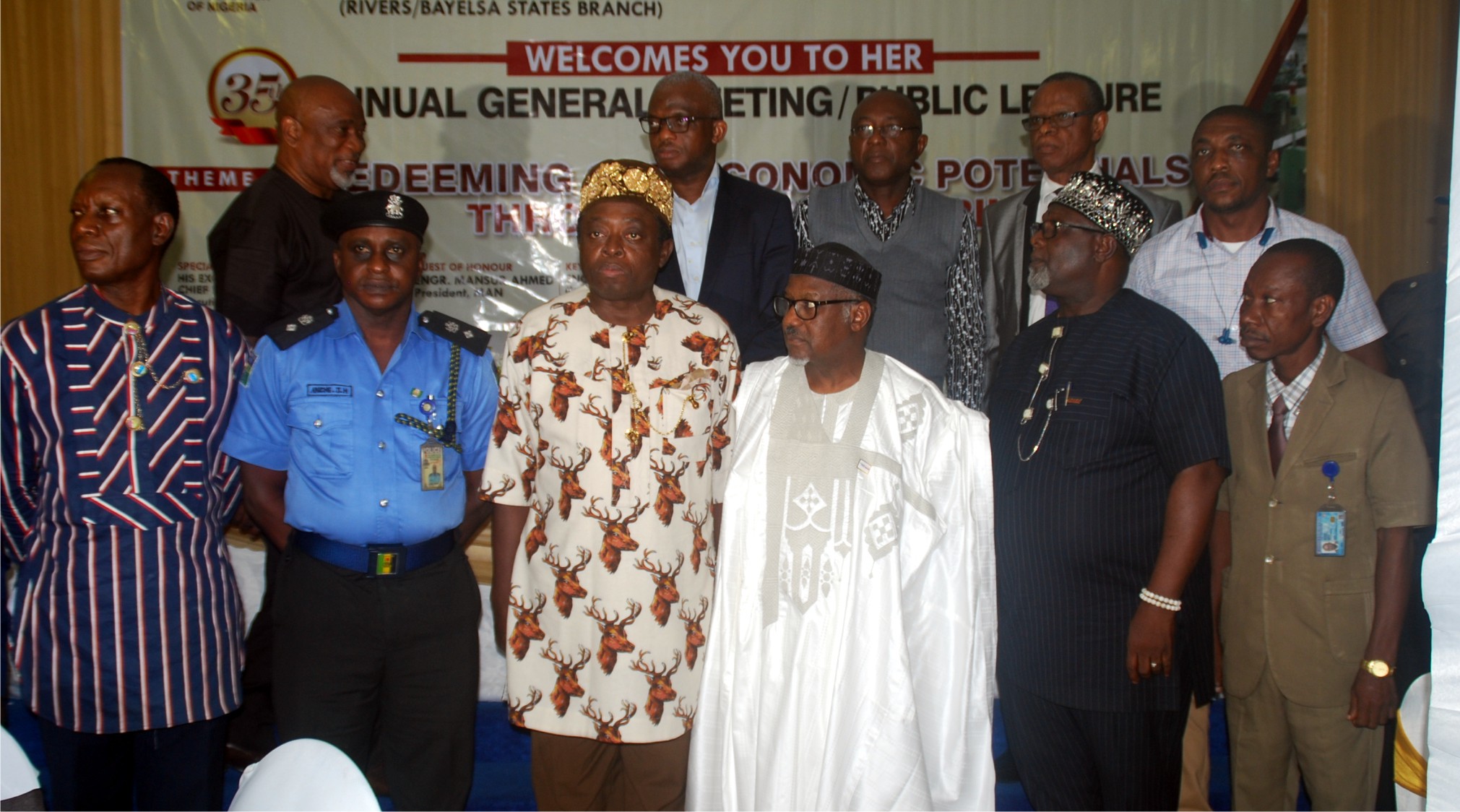Business
MAN Wants FG To Drop Planned VAT Increase

The President of the Manufacturers Association of Nigeria (MAN), has called on the Federal Government to drop the idea of increasing Added Vallue chain (VAT) by 50 per cent. Engr.Ahmed Mansur has also reiterated the recent moves by the association to revive the Federation of West African Manufactures Association (FEWAMA) and Establish African Manufactures Association (AMA).
The President who was in Port Harcourt for the 35th Annual General Meeting of MAN, Rivers/Bayelsa States branch recently, said the effort was geared towards collaborating with other business membership organisations and research institutes in other countries.
Engr. Mansur said his leadership would focus on the development and promotion of value-chain development as a means of achieving greater manufacturing sector contribution to GDP, job section and prosperity for the businesses of MAN members.
MAN President said that the association has,’’ intensified efforts and engagement with heads of government, Ministries, Department and Agencies on policies that impact on the real sector.
‘‘ We have advised the government to jettison the idea of increasing Value Added Tax(VAT) by 50% as recommended by the federal ministry of finance. We have clearly stated that such move will be counterproductive, especially in the light of the still awaited minimum wage’’, he said.
He assured that some key reforms are underway as promised by the chief executive of tax agency, adding that widening the tax reach would be better than increase.
He, however, commended the branch for what he called excellent performance, adding that the branch would host the next association’s national council meeting would hold in Port Harcourt.
The Chairman of the branch, senator Adawari Michael Pepple said that the theme, ‘‘Redeeming our economic potentials through manufacturing’’, would engineer the state and nation to recover and revamp critical industries.
Senator Pepple noted that,’’ if we ignore the role of manufacturing in Nigeria as a tool for redeeming our economic potential, such act will be at our peril.
‘‘A better understanding of the direct and indirect channels through which diversified manufacturing growth can maximise economy and wide employment, particularly in relation to the services sector, is essential to inform appropriate policy choices.
The branch chairman noted the need for a break from the past if Nigeria must move forward, adding that ‘’ the operating environment for manufactures must be conducive and peaceful, free from criminality and fear.’’
He called on the leadership of the two states to include members of the association on boards of department and agencies, so as to bring their expertise and experiences in growing the states as it is done at the federal level and other states.
Transport
Automated Points Concession : FAAN Workers Gave 72hrs To Revise Decisions In PH

Transport
FAAN Announces Pick-Up Points for Go-Cashless Cards

Business
Fidelity Bank To Empower Women With Sustainable Entrepreneurship Skills, HAP2.0
-
Politics3 days ago
2027: NIGERIANS FAULT INEC ON DIGITAL MEMBERSHIP REGISTER DIRECTIVE
-

 Environment3 days ago
Environment3 days agoLAWMA Director Says Sweeping Reforms Have Improved Waste Collection
-
Politics3 days ago
LP Crisis: Ex-NWC Member Dumps Dumps Abure Faction
-

 Politics3 days ago
Politics3 days agoUmahi Dismisses Allegations On Social Media, Insists On Projects Delivery
-

 Sports3 days ago
Sports3 days agoAbia Not Sure To Secure continental Ticket
-
Politics3 days ago
NATASHA ELECTRIC VEHICLES INITIATIVE IN KOGI CENTRAL
-
Sports3 days ago
La Liga: Yamal Records First Career Hat-trick
-
Politics3 days ago
IT’S A LIE, G-5 GOVS DIDN’T WIN ELECTION FOR TINUBU – SOWUNMI

